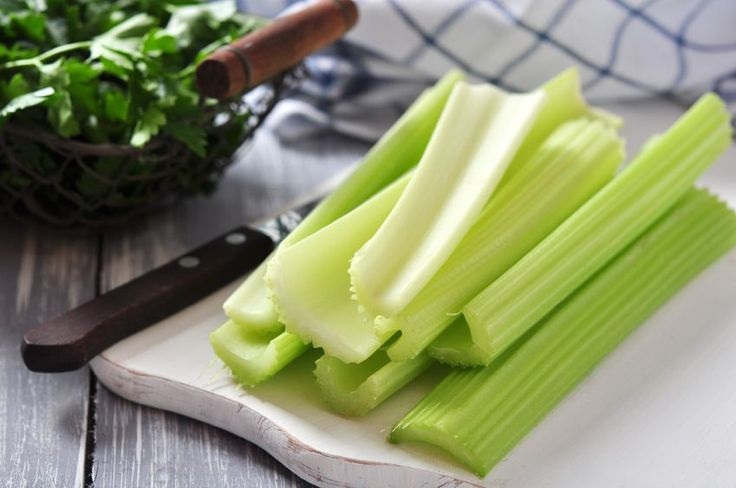Do you remember what have you eaten during the Holidays? From chips with sauces, homemade bread, all kind of creamy salads and dips, turkey, pork meats, cheeses, to the heaviest sweets that your grandma makes the best. Not to mention alcohol. Your body is full of toxins.
Are you ready to work out and prepare yourself for the summer days? First, begin with detoxing. Not starving! Eat fruits and vegetables as much as you can. You can see below, the top 10 most diuretic vegetables which can help you detox and will make your health better.
Carrots

Carrots are a rich source of carotene that speeds the metabolic rate of the body and hastens the removal of fat deposits and waste. It is best to eat -grated.
Beets

Beets are natural diuretic foods that attack floating body fats and fatty deposits. Beet juice is highly nutritious. It contains a number of essential vitamins and minerals: folate, manganese, potassium, dietary fiber, vitamin C, iron, magnesium, copper, and phosphorus.
Celeries
Natural diuretic helps your body get rid of too much water by increasing urine output. In many countries, it is recommended as a cleansing vegetable with tonic properties.
Lettuces

The good thing about lettuce is that it couples its diuretic properties with a good dose of minerals, including manganese, chromium, potassium, iron, phosphorus, and calcium. The best way to use lettuce as a diuretic is to juice half to a whole head and drink on its own or mixed with other vegetable or fruit juices such as spinach, carrot, garlic or apple.
Scallions
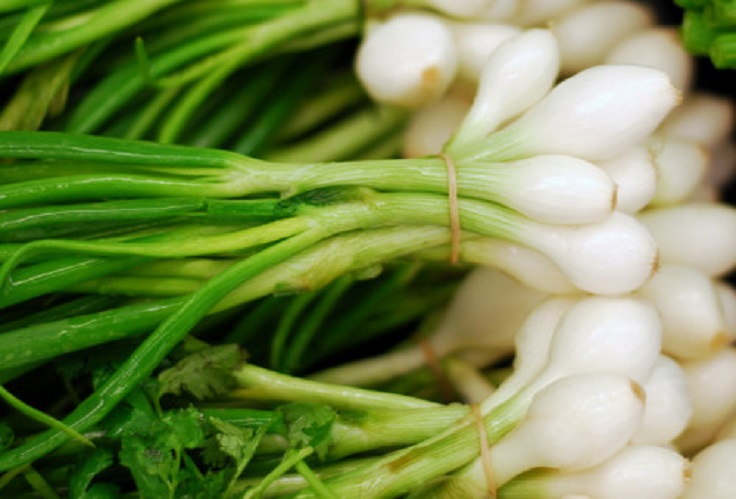
Even if it is wintertime, you can find the scallions on the vegetable markets. Its antioxidant and antibiotic effects are known among, but also you can use it like a diuretic. Except like salad supplement, you can eat it with a soup or other prepared food.
Parsnips
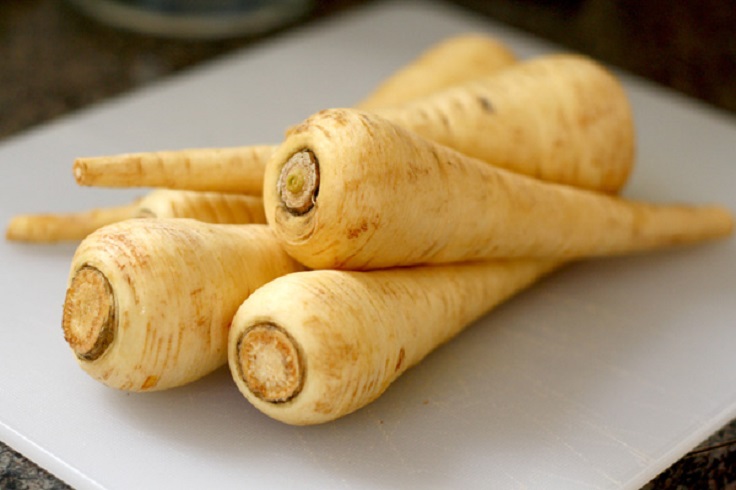
The roots of parsnips not only have diuretic and antioxidant properties, but they are also advised to people suffering from anemia, help in lowering cholesterol, and keep the blood sugar to an even level. They help with various heart problems.
Leeks
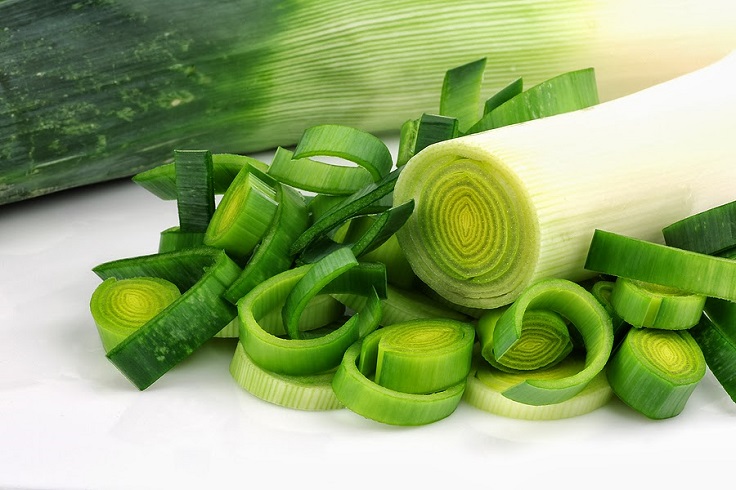
Maybe you don’t like the smell, but you will love its effects. Leek is listed among natural diuretics because it contains a lot of potassium and little sodium. It increases the secretion of liquids and toxic substances through the kidneys.
Cabbages
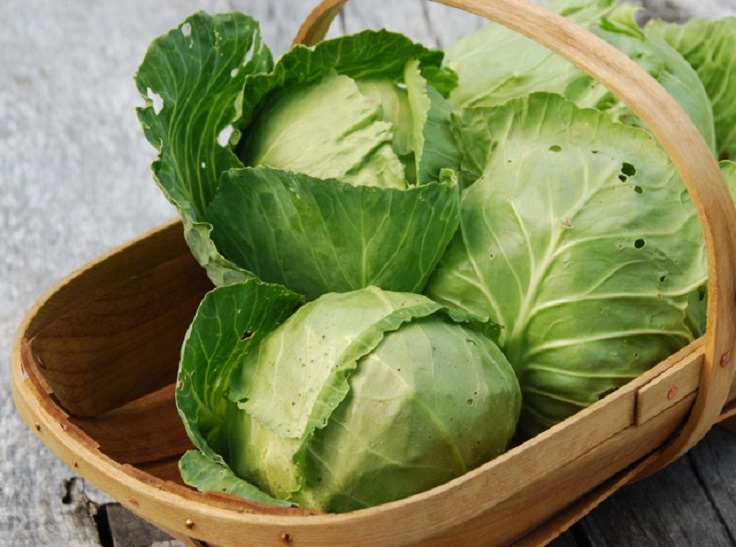
The cabbage cleans your body of waste matter since it contains sulfur and Iodin, which help to cleanse the mucus membrane of the stomach and intestines. The diuretic cabbage will help to break up fat deposits, especially in the abdominal area. Eat a fresh salad or a cabbage soup.
Tomatoes
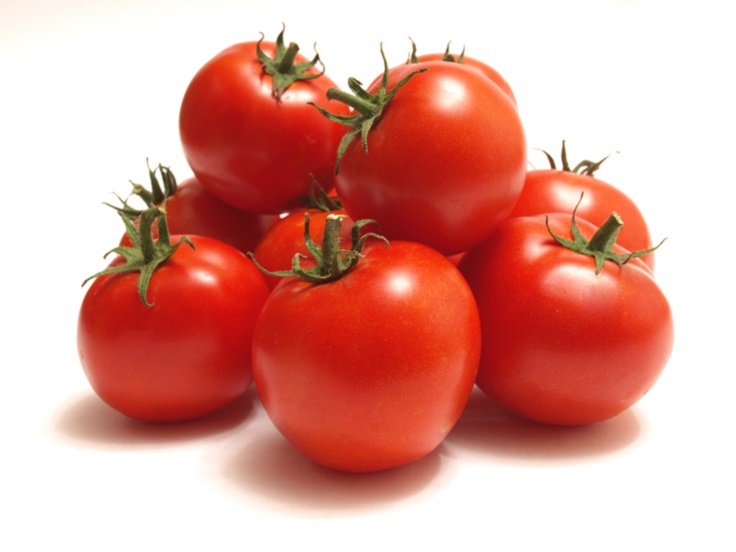
Tomatoes are rich in Vitamin C that aid the metabolism and release of water from the kidney to flush out waste. We don’t need to tell you how you can eat the tomatoes. There are thousands of ways, but the best is eating them fresh!
Ginger

Ginger does more than add flavor to food. Not only does it help to relieve nausea which can occur premenstrually, but it also helps with water retention. Drinking ginger tea with meals is a safe and effective way to eliminate excess fluid without using prescription medications.

